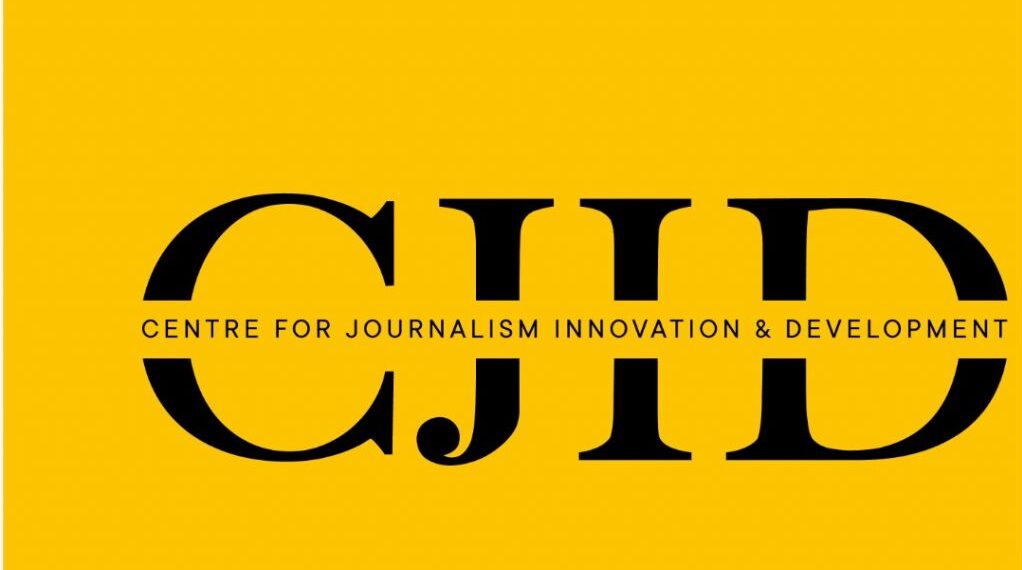News
CJID Wins $400,000 USAID Challenge to Combat Transnational Corruption

The Centre for Journalism Innovation and Development (CJID) secured nearly $400,000 in funding by winning the USAID Powering Just Energy Transition Green Minerals Challenge (JET Minerals Challenge). This challenge is part of the broader Countering Transnational Corruption Grand Challenge for Development (CTC Grand Challenge), providing financial support ranging from $50,000 to $400,000 to help innovators achieve their goals.
As a leading participant in the CTC Grand Challenge network, CJID is dedicated to eliminating corruption within green mineral supply chains, a crucial mission on a global scale, as announced by USAID. CJID’s project will employ data aggregation, civic technology, investigative journalism, and capacity building to combat corruption in the green minerals sector in African countries, including the Democratic Republic of the Congo, Ghana, Mozambique, and Nigeria.
CJID will collaborate with Dataphyte in Nigeria, Mine.cd in the Democratic Republic of the Congo, and Dubawa Ghana to enhance access to information in the African green minerals sector and bolster the use of green minerals data for investigative reporting and anti-corruption advocacy.
This partnership aims to increase citizen involvement in green minerals governance and provide essential data and reports for anti-corruption agencies in the sector.
The JET Minerals Challenge reflects a strong commitment to fighting corruption and promoting transparency and integrity in response to the growing demand for eco-friendly minerals globally. Winning innovations align with USAID’s Anti-Corruption Policy, addressing corrupt practices and fostering integrity in both public and private sectors.
USAID recognizes the significance of this initiative in realizing an inclusive, sustainable, and equitable future in clean energy while avoiding the issues seen in other resource industries known as the “resource curse.” These initiatives target various eco-friendly mineral supply chains across 15 countries and can address transnational corruption on a global or country-specific level.

